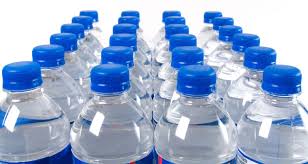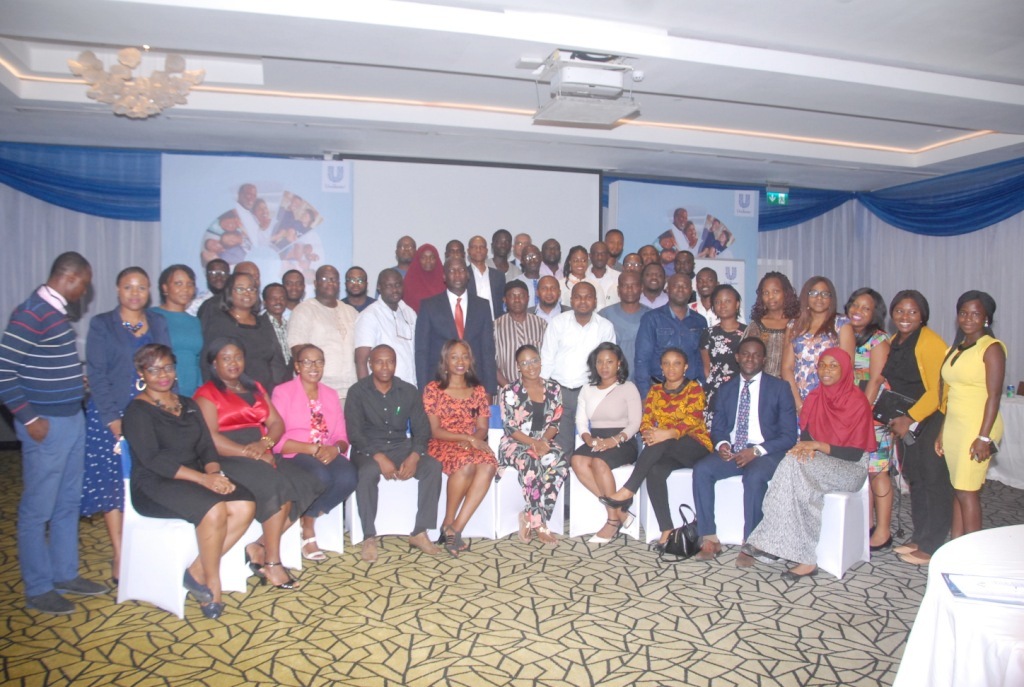A new research conducted with samples from nine countries has shown that drinking of packaged water in either plastic bottles or cellophane bags (pure water) is contaminated with tiny plastic particles that are likely seeping in during the packaging process.
Besides, a research earlier carried out here in Nigeria in 2012, showed that “Apart from the confirmed traces of plastic particles, the environment where most of the water packaging are carried out leaves much to be desired”.
Sherri Mason, a micro-plastic researcher at State University of New York and leader of the team, averred that “Even more shocking was the recommendation of the researchers: tap water is much safer than bottled water. Tap water, by and large, is much safer than bottled water”.
Plastic was identified in 93 percent of the samples, which included major name brands such as Aqua, Aquafina, Dasani, Evian, Nestle Pure Life and San Pellegrino. Some of the brands are also available in Nigeria.
Also, a summary released by Orb Media, a US-based non-profit media collective noted that “Widespread contamination” with plastic was found in the study.
Researchers tested 250 bottles of water in Brazil, China, India, Indonesia, Kenya, Lebanon, Mexico, Thailand, and the United States.
The plastic debris included polypropylene, nylon, and polyethylene terephthalate (PET), which is used to make bottle caps.
“In this study, 65 percent of the particles we found were actually fragments and not fibers,” Mason told AFP.
“I think it is coming through the process of bottling the water. I think that most of the plastic that we are seeing is coming from the bottle itself, it is coming from the cap, it is coming from the industrial process of bottling the water.”
Particle concentration ranged from “zero to more than 10,000 likely plastic particles in a single bottle,” said the report.
On average, plastic particles in the 100 micron (0.10 millimeter) size range — considered “microplastics,” — were found at an average rate of 10.4 plastic particles per litre.
Even smaller particles were more common — averaging about 325 per litre.
Other brands that were found to contain plastic contaminated included Bisleri, Epura, Gerolsteiner, Minalba and Wahaha.
Experts cautioned that the extent of the risk to human health posed by such contamination remains unclear.
“There are connections to increases in certain kinds of cancer to lower sperm count to increases in conditions like ADHD and autism,” said Mason.
“We know that they are connected to these synthetic chemicals in the environment and we know that plastics are providing kind of a means to get those chemicals into our bodies.”
The three-month study used a technique developed by the University of East Anglia’s School of Chemistry to “see” microplastic particles by staining them using fluorescent Nile Red dye, which makes plastic fluorescent when irradiated with blue light.









